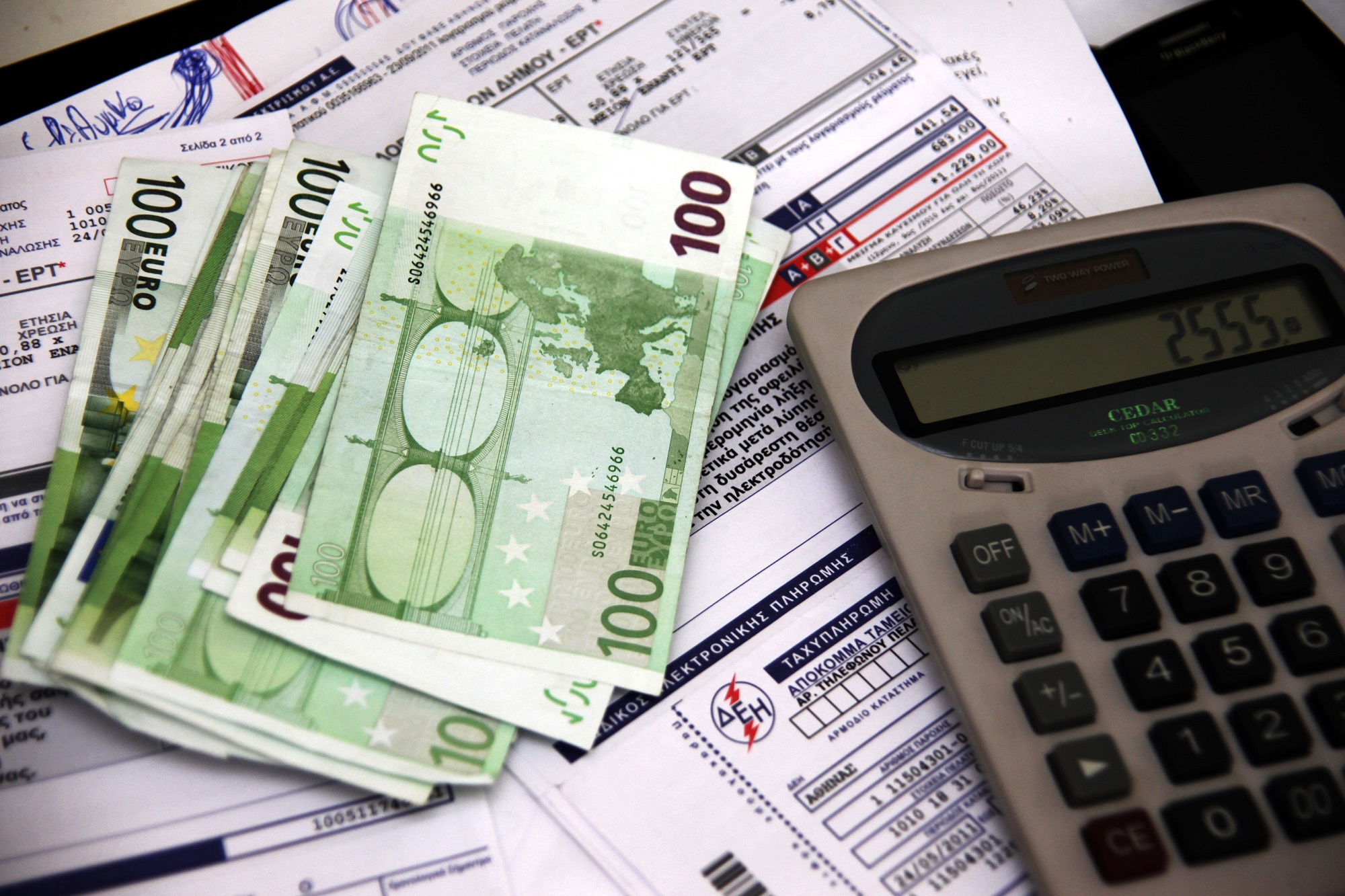Greek economy facing €1.3 billion bill


Households and corporations are looking at additional costs of more than 1.3 billion euros per month in total from soaring electricity and natural gas rates.
This explains the government’s difficulty in fully covering the hikes from the budget (just like all other governments in Europe) and ominous projections for a tough and “cold” winter ahead as many consumers will be forced to reduce consumption.
The only exception is large industries, who are high-voltage consumers and have signed electricity supply contracts with Public Power Corporation at fixed low rates.
The large majority of enterprises in the country (medium- and low-voltage) across the economy paid last month an additional cost of some €137 million, in comparison with last January, as a result of the rise in wholesale rates to €134.73 per megawatt-hour in September, from €52.52/MWh in January.
For October the average wholesale rate has so far stood at €178.73/MWh, taking the additional costs, compared to last January, to €164.8 million.
If the September and October rates are projected across seven months, given that the term contracts for natural gas remain high for up to the first quarter of 2022, the extra cost for the economy may reach up to €1 billion or even €1.3 billion. If one adds the extra cost for natural gas by €334 million in September (compared to last January), last month’s additional burden amounted to €471 million.
A similar rate of growth is also seen in the power and gas bills of households: In January, total consumption of 1.61 million MWh at a rate of €52.52/MWh amounted to some €60.9 million. In September, for the 1.31 million MWh consumed, they paid €177.7 million, i.e. an additional cost of €116.7 million.
For 15.2 million MWh of natural gas households in January paid some €298 million, at a rate of €17.6/MWh. In October, with the rate at €67.5.MWh, the same consumption will require the payment of more than €1 billion.
Source: ekathimerini.com




